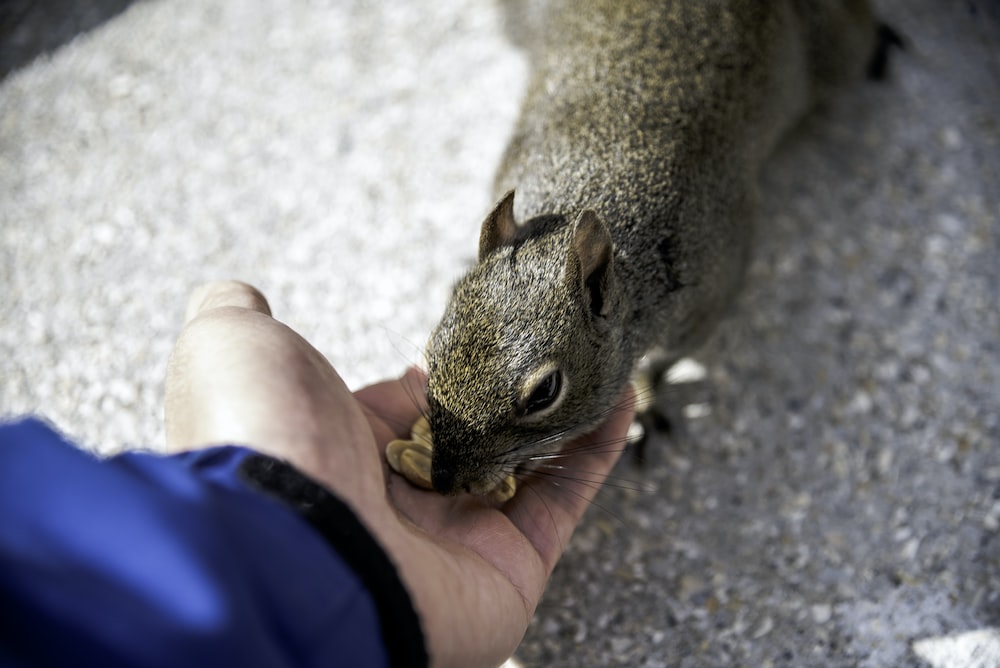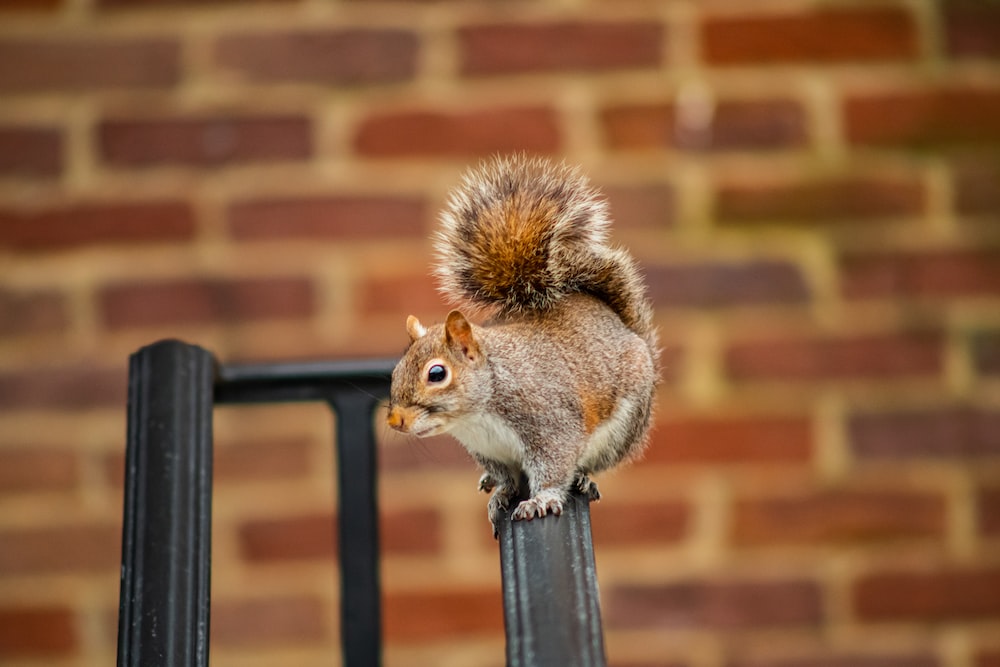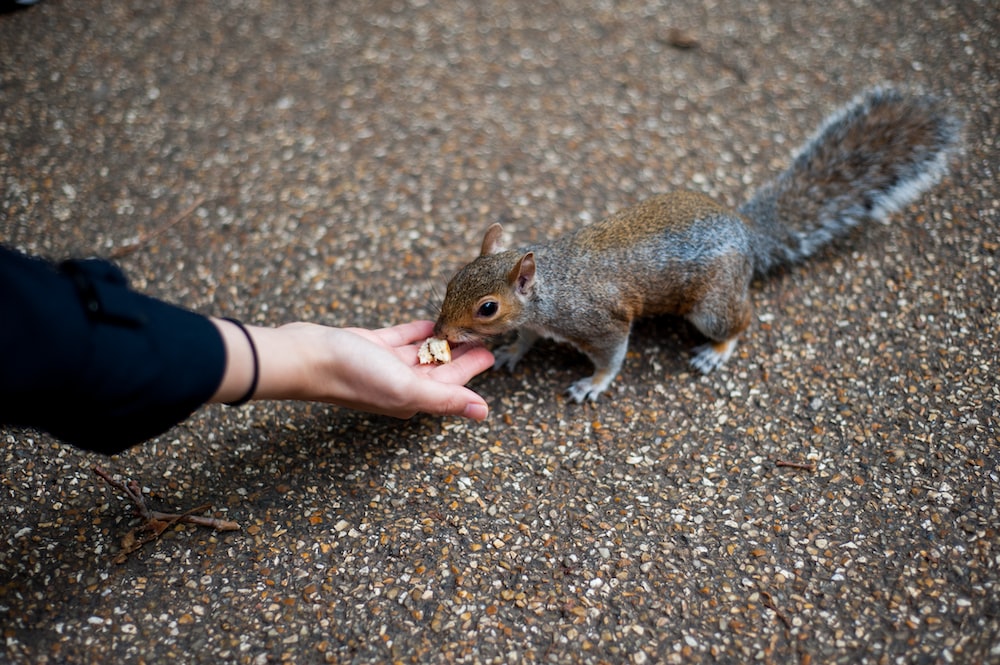Squirrels are small, furry rodents that are found all over the world. They are known for their agility, quickness, and acrobatic abilities. In general, squirrels have a relatively short lifespan compared to other animals. However, there are ways to support their longevity and ensure they live a healthy and happy life. In this article, we will discuss the lifespan of squirrels and how to support their longevity.

Lifespan of Squirrels:
The lifespan of squirrels varies depending on the species. Most wild squirrels live between 5 and 10 years, while captive squirrels can live up to 20 years or more. Some factors that affect the lifespan of squirrels include diet, environment, and genetics.
Diet:
A healthy and balanced diet is essential for the longevity of squirrels. In the wild, squirrels mostly eat nuts, seeds, fruits, and insects. A varied diet that includes a mix of these food items can provide all the necessary nutrients for squirrels. In captivity, squirrels can be fed a diet of nuts, seeds, fruits, vegetables, and pellets designed for their specific nutritional needs. It is important not to overfeed squirrels as obesity can lead to health problems such as diabetes and heart disease.
Environment:
The environment in which squirrels live can also affect their lifespan. In the wild, squirrels need a safe and secure habitat with plenty of trees and vegetation to climb and hide in. They also need access to clean water and food sources. In captivity, squirrels need a clean and spacious cage with plenty of toys and climbing structures to keep them active and engaged.
Genetics:
Like humans, genetics also play a role in the lifespan of squirrels. Some squirrel species are predisposed to certain health conditions that can shorten their lifespan. For example, some species are prone to dental problems, heart disease, or cancer. It is important to research your specific species of squirrel and understand any potential health concerns.

How to Support the Longevity of Squirrels:
Provide a Nutritious Diet:
As mentioned before, a healthy and balanced diet is essential for the longevity of squirrels. Make sure to provide a varied diet that includes nuts, seeds, fruits, and vegetables. Avoid feeding squirrels junk food or human food as they can be harmful to their health. It is also important to provide fresh water every day.
Keep the Environment Clean and Safe:
Whether you have a wild or captive squirrel, it is important to provide a clean and safe environment. For wild squirrels, make sure to keep your yard free of debris and provide a safe place for them to build their nests. For captive squirrels, make sure to clean their cage regularly and provide plenty of toys and climbing structures to keep them active and engaged.
Regular Veterinary Checkups:
Regular veterinary checkups can help identify any health problems early on and prevent them from worsening. Make sure to schedule regular checkups for your squirrel and follow any recommended treatments or medications.
Exercise and Mental Stimulation:
Squirrels need plenty of exercise to stay healthy and active. For wild squirrels, this means having access to a safe habitat where they can climb, forage, and play. For captive squirrels, provide plenty of toys and climbing structures to keep them active and engaged. Mental stimulation is also important for squirrels, as they are intelligent animals that need mental stimulation to prevent boredom and depression.
Avoid Human Interaction:
As cute and friendly as squirrels may be, it is important to avoid handling or interacting with them too much. This can cause stress and anxiety, which can be harmful to their health. Wild squirrels should be allowed to live their lives without human interference, while captive squirrels should be handled gently and only when necessary.

In conclusion, squirrels have a relatively short lifespan compared to other animals, but there are ways to support their longevity. Providing a nutritious diet, keeping the environment clean and safe, regular veterinary checkups, exercise, mental stimulation, and avoiding human interaction can all help ensure your squirrel lives a healthy and happy life.